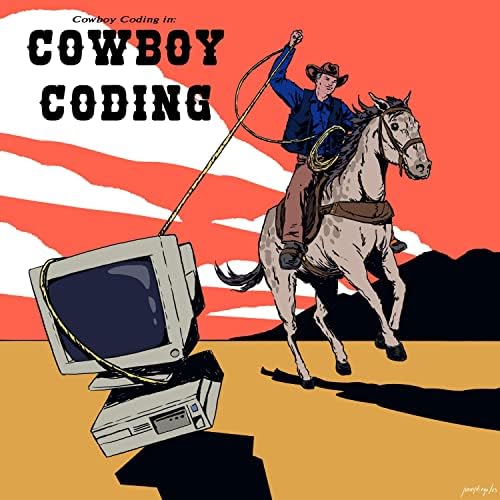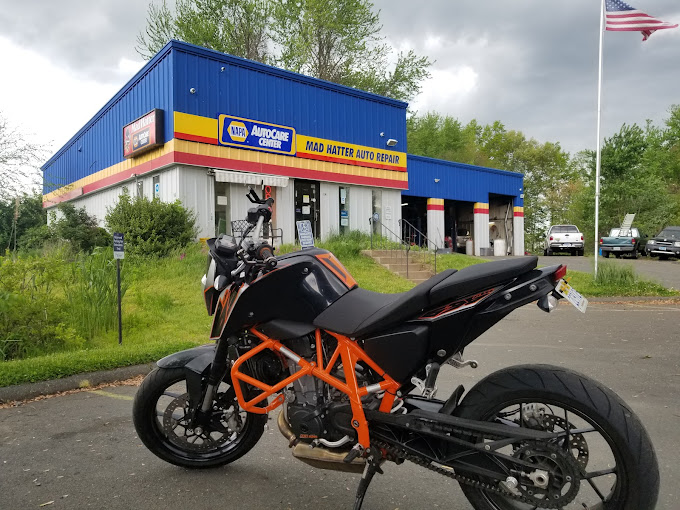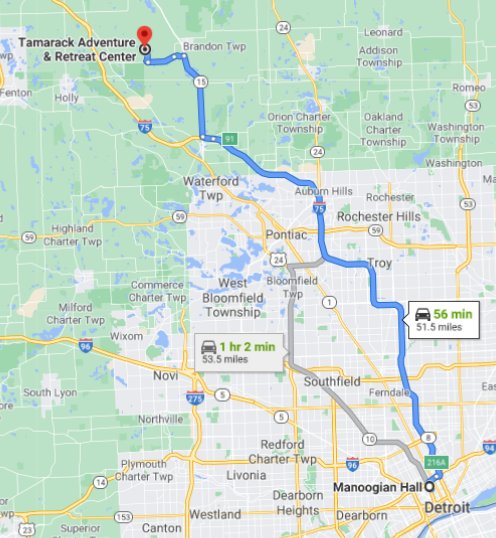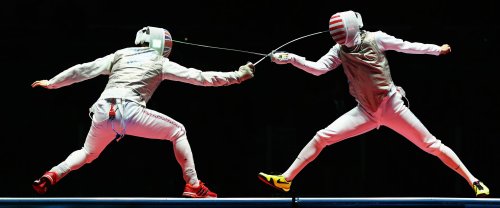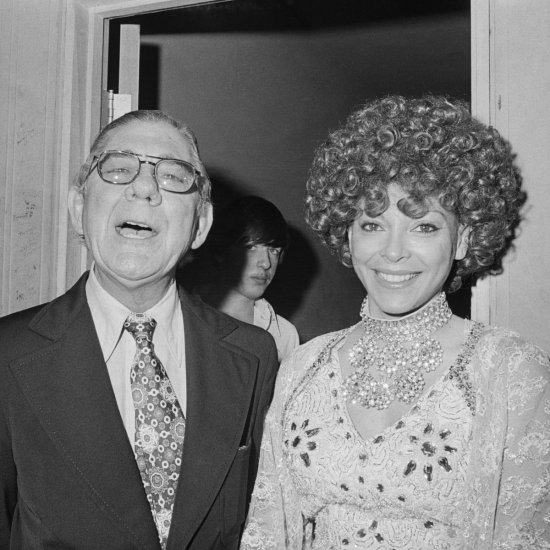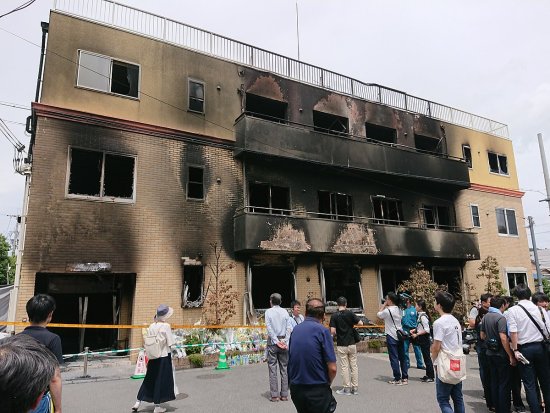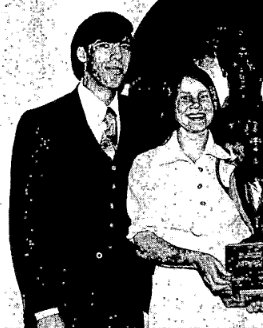2023 journal. Continue reading
By the end of 2022 Americans were still contracting Covid-19, but very few died or became seriously ill. Most people had either contracted the virus already at least once or had been immunized with boosters. I still wore an N95 mask outside of the house for the first few months, but by the end of that period few people joined me.
January
For decades I have been an avid college football fan. New Years Day was ordinarily one of my favorite days. In 2023, however, it fell on a Sunday. The semifinals of the four-team College Football Playoff had occurred on December 31 Only pro games, in which I had little interest, were held on January 1. I was in my office in Enfield for most of the day.
On Monday, January 2, I played with Nancy Calderbank as part of the mentoring program at the Hartford Bridge Club (HBC). She had asked me to coach her through the transition from Standard American to Two-Over-One (2/1). Our results were not very good that day, but there was one memorable hand, which is shown at the right.
I had the dubious privilege of holding the cards in the East hand. When I received a miserable collection like that one, I like to add up the number of pips that are on my cards. In this case the total was 59, the second-lowest that I have ever seen.1 What made it really amazing was that more than half of the pips were clubs. Also, if deuces were aces, threes kings, etc., this hand would be worth 30 high card points. West’s monstrosity has only 70 percent of that number.
On the day after this bridge game I learned that one of my regular partners, Peter Katz, and an occasional partner of both Sue and me, Fred Gagnon, had contracted Covid-19 over the holidays. Neither became seriously ill, and both were back at the tables within a week or two.
On January 5 I sent the first email to the committee for the Weiss-Bertoni Award. The details of this project have been chronicled here.
The garbage disposal in the new kitchen had been stopped up. Apparently it was my fault. Sue said that all fat and grease must be removed with a paper towel before scraping the garbage from plates and cooking utensils into the sink. A plumber came out and fixed it on the 14th. He returned three days later to address a leak under the sink in the old kitchen. Tennessee Ernie Ford came to mind.
On the 15th I started work on a third-person autobiography entitle Cowboy Coder from Kansas. When the blog entry for this project is completed, I will link it here.
My wife Sue informed me that someone had told her years ago that we could get a break on our real estate tax because I am a veteran. That program exists, and we might have been able to use it in the first few years that we lived in Enfield, but our income, which is primarily from social security, seemed much too high.
On January 18 Sue was in a funk all day.. She played at the Simsbury Bridge Club (SBC) with Maria Van Der Ree in the evening game. Even though they came in last out of eight pairs, Sue seemed chipper at the end. She needs to be out with people much more than I do.
The infamous Tonto email went out on the 19th. The tale is told here.
Bob: Several early entries in the 2023 notes for the pandemic concern the demise of Sue’s cat, Bob, our last surviving pet. The notes for January 3 reported: “Bob drools a lot and smells bad. Sue gave him a bath of some kind, but his saliva is rancid. He sleeps most of the time, but he bothers Sue when he is awake.”

We had cats in Enfield from the time that they moved there. Throughout this period all of them were able to use the cat door installed in a basement window to go outside when they felt like it. They could be relied on to make use of it whenever they needed to relieve themselves. However, in 2022 it became necessary to make a litter box available to them. At first it was in the basement. By the beginning of 2023 I had to move it upstairs because Bob was no longer able to negotiate the stairs.
Bob finally died on January 28. In some ways it was a sad occasion, but neither Sue nor I thought that he enjoyed the last few months of his life the way that our other cats seemed to.
Sue and I get a reminder about Bob every evening at 8:55. Her phone announces “Eight fifty-five Meds Slash Bob”. We call this announcement “Slash Bob.”
February
The coldest day of the year, by far was February 4. It approached 0 in Connecticut, but it was much colder on Mt. Washington in New Hampshire. The temperature was 8 below but the windchill index was an incredible -109° Fahrenheit.
February 7 was the first day of the regional bridge tournament in Southbridge, MA. Sue played with Mark Aquino in the Open Pairs. They did not do well. My adventures in the tournament have been described here.
In Sue’s absence I took my car in for the emissions test at Mad Hatter Auto Repair. Afterwards I calculated that we would owed $500 in income tax for 2022. The biggest reason for this was the cost of the cruise (described here) that necessitated a fairly large distribution from my 401K.
On February 10, only six days after that extremely cold day, the temperature reached a balmy 62°.
March
The first post-pandemic limited sectional was held at the HBC on March 26. It drew an incredible fifty-seven tables. The whole story is revealed here.
On March 30 Donald Trump was indicted by the state of New York on 31 counts of business fraud! The indictments were in regard to Trump, through his fixer at the time, Michael Cohen, paid Stormy Daniels $150,000 to Stormy Daniels to keep quiet about their affair during the run-up to the election. Trump misused corporate funds to reimburse Cohen. That is what made it a crime in New York, which was, at that time, the official location of the companies. It was being filed as a felony because it was an illegal attempt to influence an election, which was a felony in New York.
An important Zoom meeting was held for replacement of the relational database that I had designed and implemented for the district. Details of that meeting have been posted here.
April
The income tax situation worked out better than my preliminary calculation had indicated. I had to pay the IRS $181. However, we received a refund from CT of $1996 I used one of the free filing services, but I had to pay $15 to file electronically in CT.
For the 2023 National Debate Tournament, U-M’s top team of Rafael Pierry and Kelly Phil won the Copeland award and were seeded #1 in the tournament. I could hardly believe that seven assistant coaches were going to attend the tournament in Chantilly, VA. Pierry and Giorgio Rabbini had also won the Copeland award in 2022 and were second in 2021.
Pierry and Phil were 7-1 in the preliminary rounds with 21 out of a possible 24 ballots. The U-M second team of Rabbini and Joshua Harrington also was 7-1 with only one fewer ballot. Pierry and Phil made it to the final round, but they lost to Wake Forest. Pierry attained the final round in three consecutive years, an achievement that will probably not be duplicated in my lifetime. I was nearly as disappointed with this result as I was with my own failure to qualify for the NDT in 1970, as described here.
There was quite a bit of activity about the Weiss-Bertoni award.
On Saturday, April 8, we went to see Tom, Casey, and Brian Corcoran in Tom’s house in Wethersfield. When we came back I found a dead mouse in the toilet of the bathroom in the older part of the house. I set traps the next day, but I caught nothing. Some mysteries are never solved.
On April 13 the temperature reached 90°. I walked five miles, but I had to stop, rest in the shade, and cool off three times. The next day it reached an incredible 96°, breaking the previous record by fourteen degrees. That temperature was never exceeded in the summer months.
The first CBA sectional was held in Orange on the 21st through the 23rd. I played all three days. Descriptions of my adventures were posted here. My most memorable achievement was the 512 miles that my Honda logged on a tank of gas. It took over 13 gallons when I filled it, but it claimed that it could have gone another fifteen miles. .
May
It was about this time that I discovered Bosch on Freevee. Sue and I watched it nearly every evening, and it didn’t cost us a penny. This and other ventures into the land of streaming are cataloged here. We could not believe that Amazon, which purchased the service from IMDB, was allowing people to view this high-quality police dram for free.
It was very hot on May 1 when I mowed the portions of the lawn that face either North Street or Hamilton Court. I was not able to mow the rest until three days later.
On May 8 I volunteered to send out the HBC’s emails for the summer through MailChimp. Lori Leopold had been doing it, but she had a lot of travel scheduled for the upcoming months. I somehow also was saddled with creating the official calendar from Donna’s handwritten version.
On May 11 the national health emergency for the pandemic officially ended. For several months I continued wearing my mask wherever I was likely to be in fairly close contact with others.
The day-by-day blog entry for the rest of 2023 has been posted here.
1. The lowest total that I have ever seen was an incredible 53 at the Simsbury Bridge Club fairly early in my bridge career. Unfortunately, although I often had my camera with me in those days, I did not record this event, and no hand record was available because the SBC was not yet using a dealing machine.


